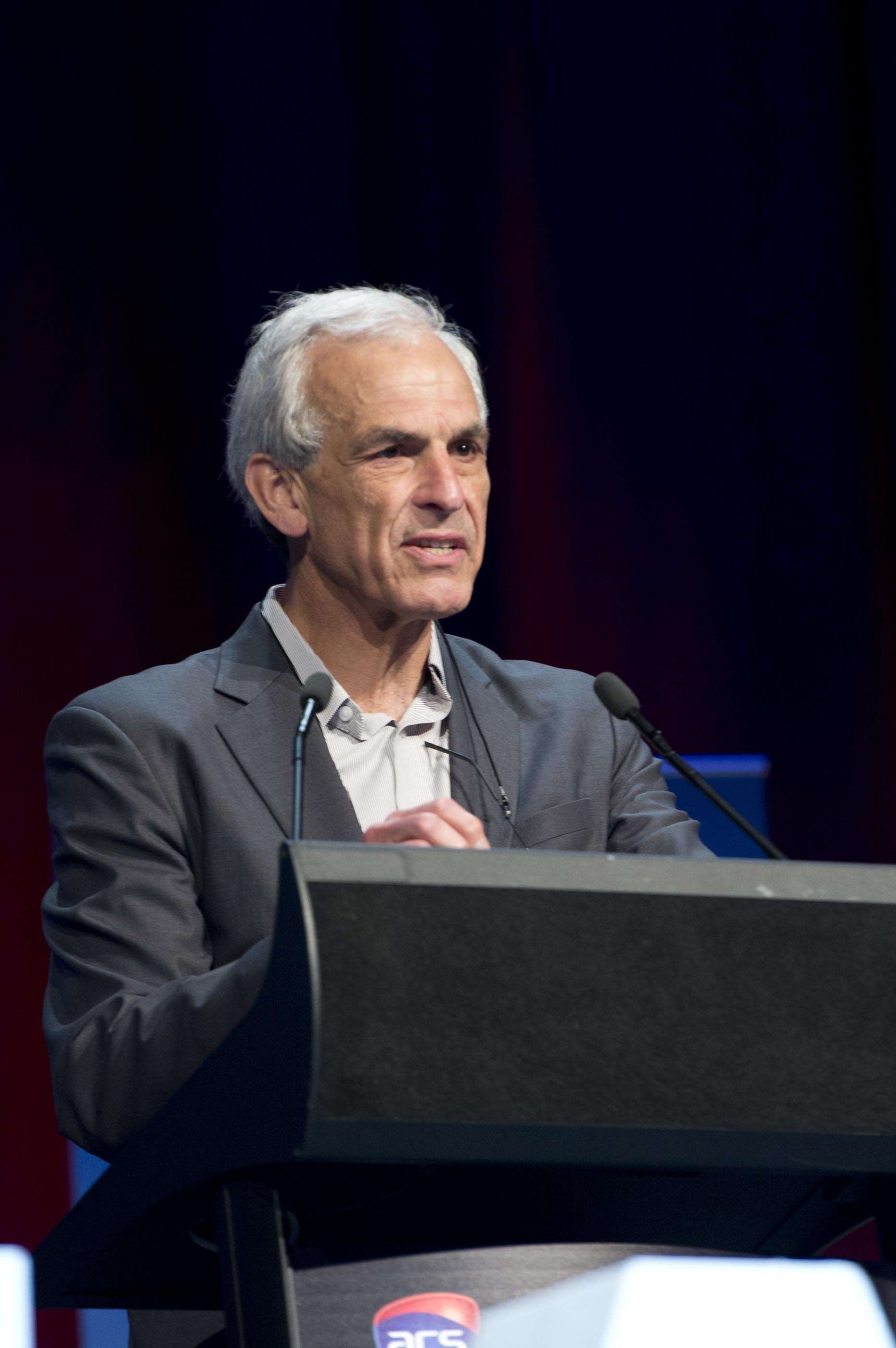Telstra chief scientist Hugh Bradlow has warned that companies who fail to “aggressively” adopt what he called exponential technologies risk becoming “footnotes in history”.
Addressing the ACS Reimagination 2015 conference in Sydney, Bradlow highlighted the disruptive nature and role of exponential technologies – a term borrowed from Silicon Valley to describe technology that is developing “at exponentially faster rates”.
Bradlow said that when there were linear changes to technology, organisations had room to “under-estimate the adoption rate” or somehow “get it wrong” – without putting themselves in a position where they can’t catch up again to the cutting edge.
“But if technology is developing exponentially and you get it wrong and you underestimate your adoption rate, then you’re 100 percent off the pace and there’s no catching up to that,” he said.
Bradlow cited UI technologies as examples of innovation that is occurring at exponential rates.
“The human relationship with technology is changing dramatically,” he said.
“Technology is becoming much more intuitive and the interfaces that we’re using to manage and control technology are becoming much more human-like – think voice recognition, eye tracking, gesture recognition and brain-computer interfaces.
“The notion that there’s going to be a large demographic that’s not connected and is not mediated by technology is simply going to blow away over the next ten years.”
He also saw machine learning as a technology that would grow at such a rate that it left laggards behind.
“Our relationship with the real world, the physical world is going to change dramatically because of the Internet of Things,” Bradlow said.
“The so-called sensor technologies that are coming up and are getting connected to the network and generating huge amounts of data, and that data is amenable to new forms of analysis because we now have cloud and big data technologies that make that possible.
“Those technologies will then create the opportunity for machine learning. Machine learning is abundant data plus abundant computing, and that machine learning is going to transform every single business.
“So it doesn’t matter what business you’re in today, you will be disrupted by someone adopting machine learning unless you adopt it yourself more aggressively and more proactively over the next ten years. That will be the big shift.”
Bradlow noted that meeting the challenges posed by exponential technologies head-on would be “a significant challenge for most organisations”.
“It requires complete re-engineering of their processes, their skill base and the way they manage people,” he said.
“All those things are going to challenge our existing industries but if they don’t adopt aggressively they will become a footnote in history.”










